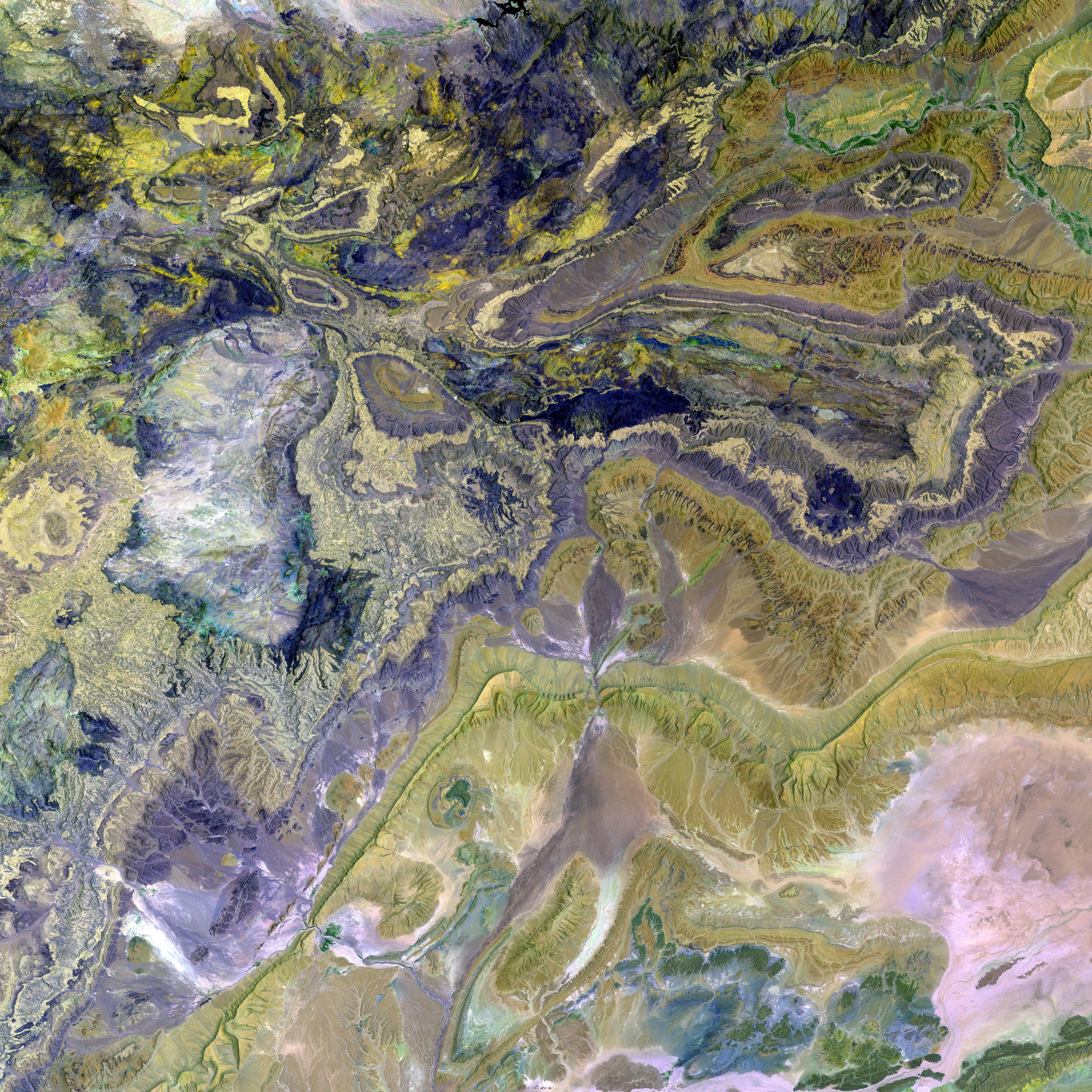Maliancollective endorses five-year term for military leader Assimi Goïta, suggesting prolonged rule.
Unleashing a New Political Landscape in Mali: General Goïta's Ambitions
Brace yourself, folks! Mali's political sphere is about to undergo a major overhaul, as per the proposals put forth by the military junta. According to the Prime Minister's office, the transitional charter - a temporary legal framework established post-2021 coup - will be amended to establish General Goïta as president for a five-year renewable term, starting from 2025. Sound familiar? Yes, that's the very same term being enjoyed by the leaders of Mali's nearby allies in the Alliance of Sahel States (AES), which includes Mali, Niger, and Burkina Faso, all currently under military rule.
Speaking of the AES, March saw Niger take a similar route, appointing its coup leader Abdourahamane Tiani as president with a renewable five-year term. It seems the AES members are harmonizing their governance models.
But the proposed changes don't end there. The junta has also called for the dissolution of all existing political parties and stricter rules for creating new ones. Of Mali's 297 recognized parties, only 137 participated in the talks, with many opting to boycott the event. Critics fear this move could signal the end of Mali's multi-party system, established after the fall of General Moussa Traoré's military dictatorship in 1991, marking a return to civilian rule after more than two decades of authoritarian rule.
"It's the same ol' proposal across all regions, so we understand it's the junta's will. It's a diktat," said Ismaël Sacko, the exiled president of the PSDA party and a member of the Sahel Democracy Coalition.
The military had originally promised elections in February 2022, but that date has been pushed back several times. Delegates have recommended suspending all election planning until the country is "pacified." They claim the current leaders need more time to govern.
Mali's been dealing with violence for over a decade, with armed groups linked to al Qaeda and the Islamic State active in the north and center of the country. Supporters of the proposals argue the goal is to clean up Mali's political system. The Initiative of Political Parties for the Charter, known as Ipac, represents many of Mali's older political parties and has not opposed reforms in principle, suggesting reducing the number of parties and introducing tighter controls on public funding to prevent misuse.
As for General Goïta, he's yet to respond to the forum's recommendations. The 41-year-old coup leader, who became "President of the Transition" in 2021 and was promoted to five-star general in October 2024, remains tight-lipped about his plans. But one thing's for sure: amidst growing regional alliances and shifting political landscapes, Mali's democratic future remains uncertain.
Sources and Additional Insights:- Mali's democratic system remains suspended under military rule, with recent developments indicating further consolidation of authoritarian measures.- The proposed changes to the transitional charter, combined with Mali’s AES alignment, signal a prolonged military-led governance model opposed by traditional democratic institutions and regional partners.- Opposition parties and civil society face severe repression, with over 100 parties recently forming a coalition to resist the junta’s dissolution efforts.- The military has systematically replaced civilian officials with loyalists, including appointing General Abdoulaye Maïga as prime minister in November 2024.- Critics view the proposed changes as attempts to indefinitely delay elections.- Mali formally withdrew from ECOWAS in January 2025, rejecting the bloc’s demands for a swift return to civilian rule.
- These proposed changes in Mali's political landscape extend beyond its borders, resonating with Russia's Alliance of Sahel States (AES) members, including Mali, Niger, and Burkina Faso, all currently under military rule as of 2025.
- International scrutiny is mounting as the proposed dissolution of all existing political parties in Mali could signal a return to authoritarian rule, echoing the times of General Moussa Traoré's military dictatorship that ended in 1991.
- Though the international community is watching keenly, delegates in Mali have recommended the suspension of all election planning until the country is "pacified," citing the need for more time to govern amidst growing regional alliances and West Africa's ongoing war-and-conflicts.
- Policy-and-legislation focusing on Mali's future governance is a hot topic in general-news worldwide, with the boycotted delegates and opposition parties fearing the end of Mali's multi-party system under the proposed reforms.
- As General Goïta remains tight-lipped about his plans, Russia and other international partners are weighing their responses to the potential boycotting of key international forums, like the African Union, by the Malian government.
- Western countries, traditionally advocates for democracy in Africa, are grappling with the question of whether to boost diplomatic efforts to speed up Mali's return to civilian rule or to offer tacit support to General Goïta in the name of regional stability, while watching the evolving political landscape closely.








